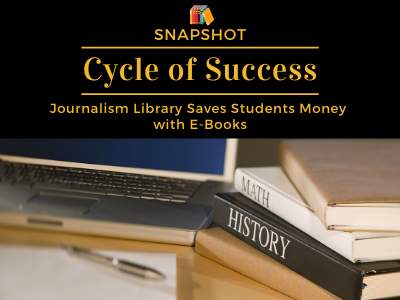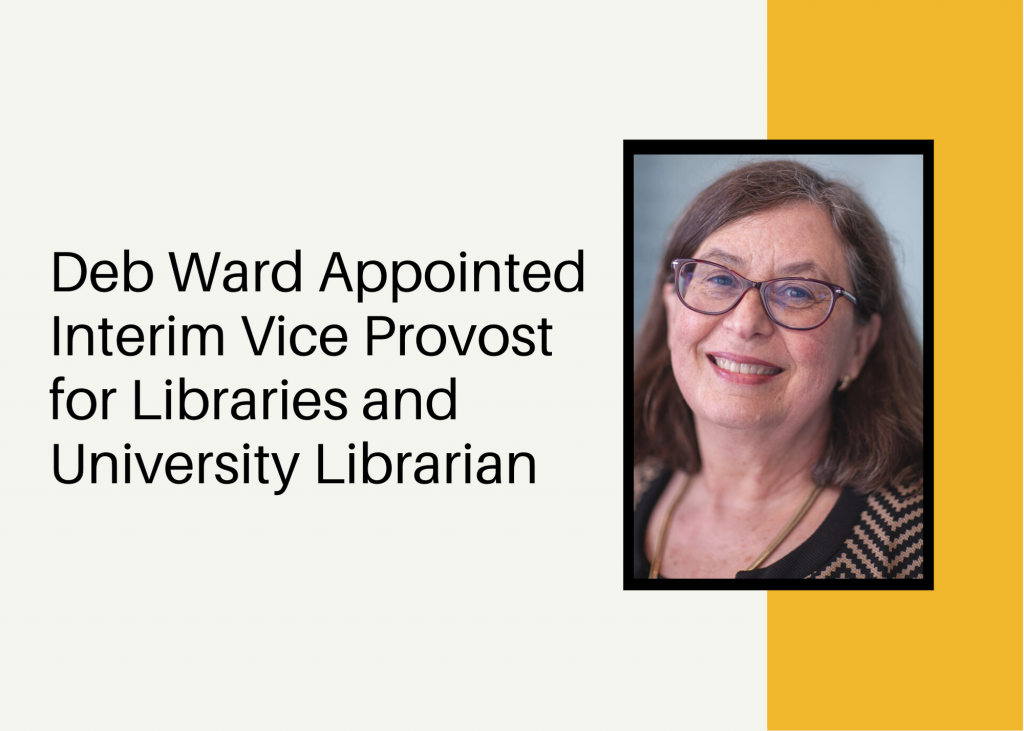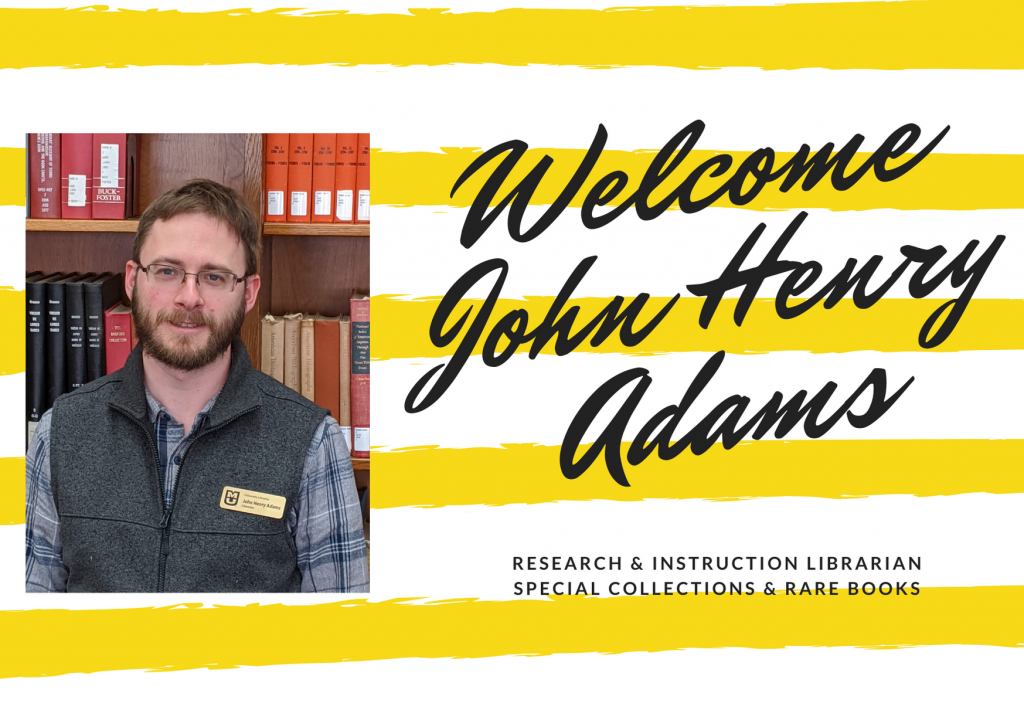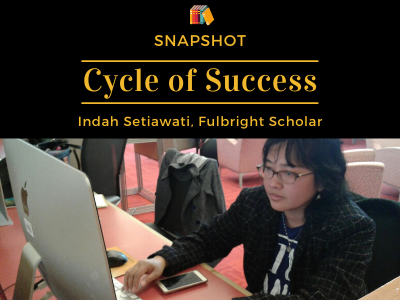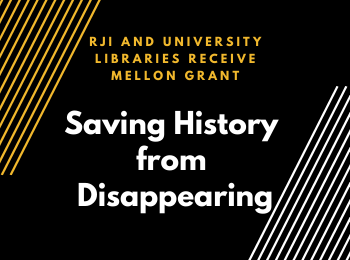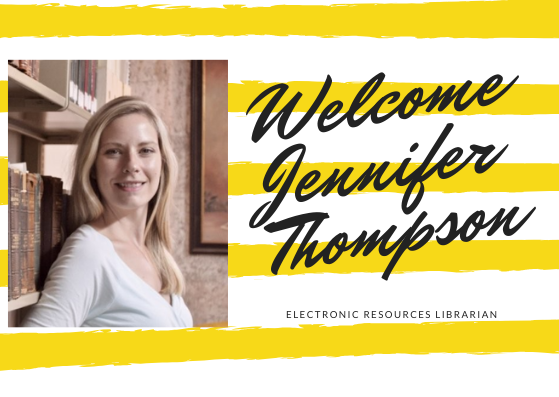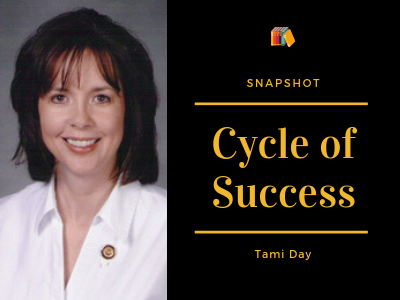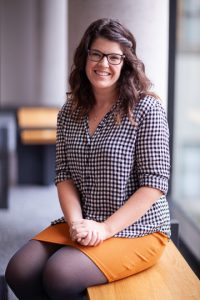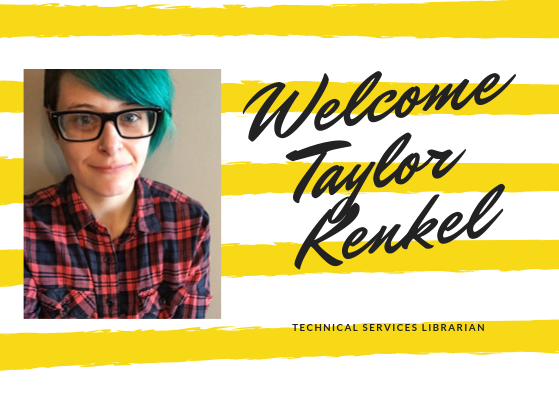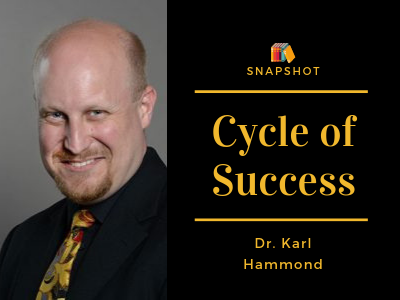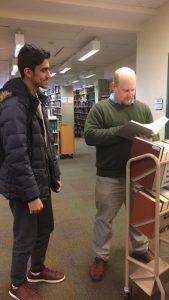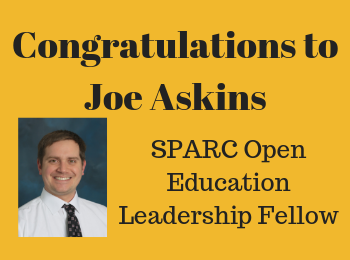The cost of textbooks for students can be expensive, especially in certain disciplines or if a student has a heavy course load. Many students are required to purchase a book for a class that they will only read a few chapters of—or never open at all.
As the School of Journalism redesigns its curriculum, the plan is to incorporate as many open educational resources (OER) as possible. OER are freely accessible, openly licensed materials. This will include creating new content, accessing free and low-cost content created by other educators and working with the journalism library to find eBooks with either multi or unlimited user licenses.
Dorothy Carner, the head of libraries at the Missouri School of Journalism, said she is trying to purchase as many free resources for students as possible. She has already purchased unlimited access textbooks for use in several courses, including Journalism 2000, 4250 and 8000. In addition, e-textbooks will also be available for several communication classes.
Carner estimates that by the end of the upcoming spring semester, over 1,200 Journalism 2000 students will have had the option to access an e-textbook. The e-books are especially useful for online students since they don’t always have access to a physical textbook, Carner said.
Carner recommends that students who don’t want to read the e-book on a computer screen should download the section they need and print it. Not having to purchase the printed textbook will save students money.
Because the Journalism Library collects faculty syllabi each semester, Carner is able to see which textbooks will be used in each class. If possible, she will order those textbooks as multiuser e-books.
Faculty are encouraged to collaborate with the library on OER and request e-textbooks as they plan their courses. In addition, it is important for instructors to show students how to access, download and print these resources as needed.
Written by Christina Mascarenas and Dorothy Carner
